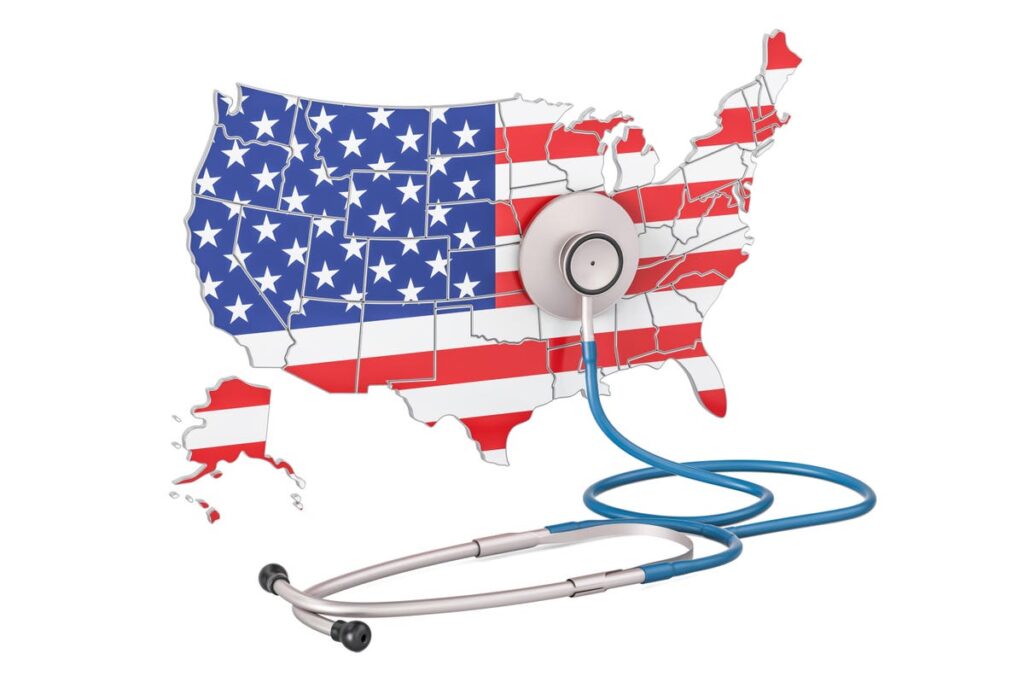Health services researchers working together with healthcare management can accelerate improvements … [+]
For too long, health services researchers—that is, academics, (usually PhDs and MDs) who study how the healthcare system works—and those who work in healthcare management have operated independently of one another.
Healthcare executives and health services researchers exist mostly live in blissful ignorance of one another. Even academic medical center departments focused on health services research are most often focused on academic publication of findings and are often disconnected from the day-to-day operations of the organization. In fact, most health plans and health systems do not even have internal R&D functions.
I believe this represents a missed opportunity and a divide that we should aspire to close. Health researchers working inside and in tandem with health care organizations have the opportunity to drive, shape, and inform evidence-based, data-driven management decisions that can meaningfully improve the health of the communities in which we work and live.
The work of changing health systems is hard and complex and political and too fraught with consensus-driven decision making in areas where it is clear what needs to be done. We need researchers to be the voice of conscience and help science and data inform our moral imperatives.
This a strategy I’ve executed a few times to good effect. When I led CareMore Health (recently rebranded Carelon Health), we partnered with Aaron Kesselheim and colleagues at Harvard Medical School to study the effects of an insulin cost initiative we launched to to drive broader access to insulin. Emboldened by the results of our study, we persisted with the strategy.
At SCAN, (the diversified healthcare company that I now lead) we’ve done several projects with external researchers that have enabled us to glean insights into the effectiveness of long-standing programs. The results help inform our strategy and capital allocation decisions as we decide what initiatives we should scale and which we should shut down.
For example, in 2022 SCAN worked with researchers from UCLA to study the outcomes of a tele-psychiatry program we’d piloted for older adults who had limited access to in-person psychiatric care. The UCLA team reported that the telepsychiatry program lowered unnecessary utilization of hospital services, depression severity, and increased access to psychiatry care. As a result of those findings, the medical group involved in the pilot scaled the intervention to a broader populations.
The success of these initiatives leads to my recommendation:
Every healthcare organization commit to studying itself—either with an internal research organization or through creative academic collaborations.
These type projects keep organizations honest—and enhance the rigor of management decision-making.
Innovations are studied not for their own sake—but to answer a compelling management question.
Health services researchers and leaders of healthcare organizations should make rigorous analyses of impact a clear imperative of good management and not a “nice-to-have.”
Publications should not be the goal, but instead a positive externality.
Organizational impact should be paramount.
My personal experience is that getting health services researchers and managers to talk isn’t easy. Concepts that researchers take for granted, like basic experimental design and the idea that correlation and causation are not the same thing, will need explanation.
Likewise, researchers working with or inside health systems will have to understand the limits of what they can study. They have to tailor their work to produce actionable results that can be implemented broadly and immediately across patient populations.
Also, it can be hard for researchers to imagine themselves focused on a narrow set of problems that may not completely align with their interests and to accept that their work may not be widely recognized outside of the organization they work for. On the other hand, researchers should not dismiss the unique rewards of working for a health systems or healthcare companies.
As costs go up and outcomes sputter, it’s more important than ever that we bring forth smart new ways delivering care. One way to do that is to get healthcare researchers and healthcare management to work together. These tribes have operated independently of one another for far too long. And the time has never been better to unite them to solve problems of local and national importance.
Far too often, ideas are presented (and hardwire into organizational objectives) without adequate operational rigor—without enough science-grade analysis. To be clear, not every question will rise to the level of needing scientific analysis—and spending money on studying what we do will inevitably draw funds away from doing.
That said, we are at a crossroads where we need to hardwire more transformational energy into healthcare organizations. The marriage of health services research and healthcare management is a fountain of this energy—waiting patient to be unearthed. And there has never been a better time to do so.
(Arguments drawn from a plenary talk I gave previously at AcademyHealth Annual Research meeting).


